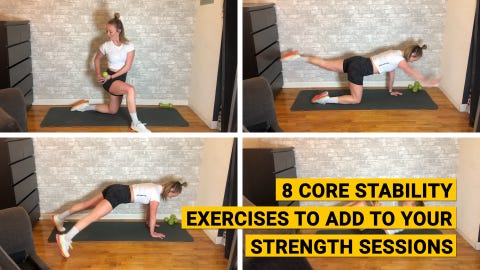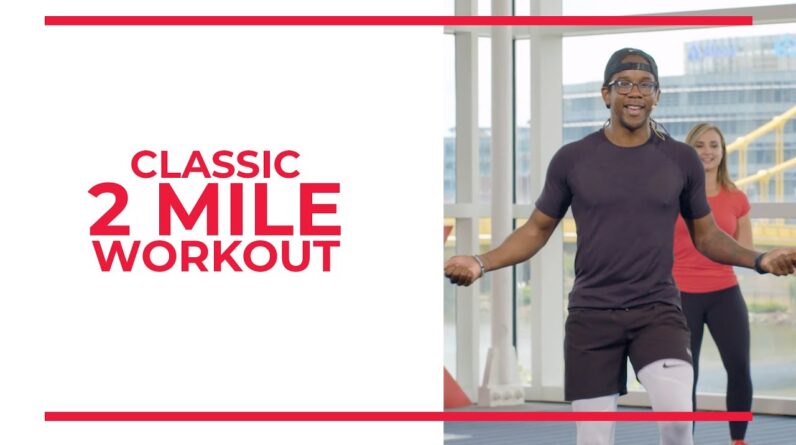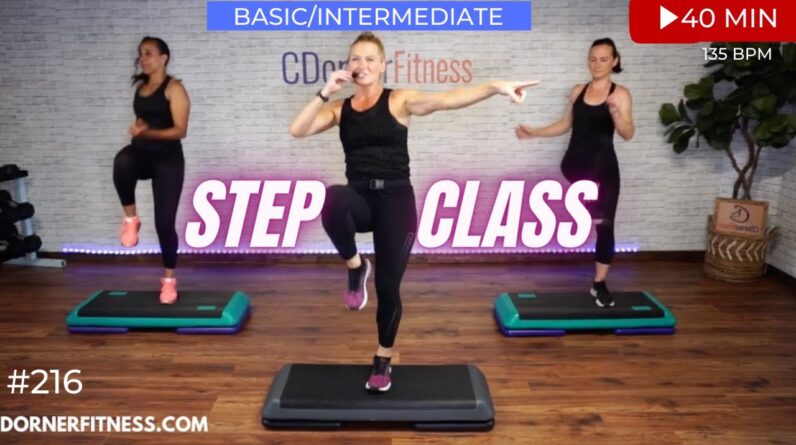
- Research study from the Journal of Public Health & Community Health, including more than 4,000 people, found a linkin between moderate-to vigorous-intensity activity and an increase in memory and cognitive processing time. The same didn’t apply for low-intensity exercise.Adding simply 10 minutes of more energetic strength to your flights or other exercises might provide these big brain benefits.Linking exercise to much better brain function isn’t exactly new info– the Centers for Illness Control and Prevention( CDC)notes that routine physical activity can cause clearer thinking
‘d heard or read earlier– and executive function, that includes how quickly they processed information.Researchers selected a 24-hour movement block and compared it to cognition scores, with a specific focus on the results of strength level. They found that moderate and vigorous physical activity appeared to be best for working memory and psychological processes such as organizing info, but those exact same results didn’t be true for light-intensity activity.More From Cycling”This was an unique technique to identify whether moderate -to vigorous-intensity physical activity was important for cognitive health in midlife,”according to the study’s first author , John Mitchell, Ph.D.(c), scientist in the Primary Care and Population Health department at University College London. He told Cycling that due to the fact that researchers just looked at one time, it’s
not possible to figure out cause and

effect– for instance, if you increase the strength of your trips, it’s not yet clear how rapidly your brain will respond. Nevertheless, Mitchell included that the outcomes suggest even minimal modifications in day-to-day activity could have bigger consequences for cognition.In reality, the study explains that switching out simply six minutes of moderate-
to vigorous-intensity activity with other habits, like low-intensity exercise or inactive time, might be damaging to these cognitive procedures. More Health in the News Research Suggests Lower Sitting Time By One Hour to Enhance Health Westend61// Getty Images Spending Time in Nature Influences Your Food Choices, States Research Study Justin Paget// Getty Images Study Shows Cutting Down on Social Network Boosts Mental Health Klaus Vedfelt// Getty Images Early Morning vs. Evening Workout Yields Different Outcomes, Study Says John P Kelly// Getty Images In regards to how strength is identified, the researchers used accelerometers around participants’thighs. But Mitchell highlighted you do not require a gadget to figure it out on your own.”Moderate to vigorous activity
is, broadly thought about, any activity that raises your heart rate and makes you feel warmer, which can range from a longer stair climb to jogging for the bus,”he stated. The CDC’s examples for moderate workout include brisk walking, while energetic workout might be: The recommendation from the present Physical Activity Guidelines for Americans is 150 minutes of moderate-intensity activity each week and 2 days of muscle-strengthening activity weekly. So you can also aim to target those numbers.One aspect of research that has yet to be completely discovered in the brain-exercise connection is the system, included Mitchell.”There’s an overarching mechanism, nevertheless, called cognitive reserve which implicates exercise as just one of many healthy way of life behaviors that might help to build up more
intricate cognitive paths through life,”he said.”These may offer some strength from the natural decrease in cognition during the latter half of life. But in general, the physiological mechanisms appear mainly elusive.”What is clear, he included : Move more, increase your strength at least a couple of times weekly, and you may see a brain increase, including your memory and processing, as an outcome. Elizabeth Millard is a self-employed writer concentrating on health, wellness, fitness, and food. Source








![INTENSE 20 MINUTE FAT MELTING HIIT CARDIO WORKOUT [NO REPEAT] 14 maxresdefault 4](https://teamfit45.com/wp-content/uploads/2024/11/maxresdefault-4-796x445.jpg)